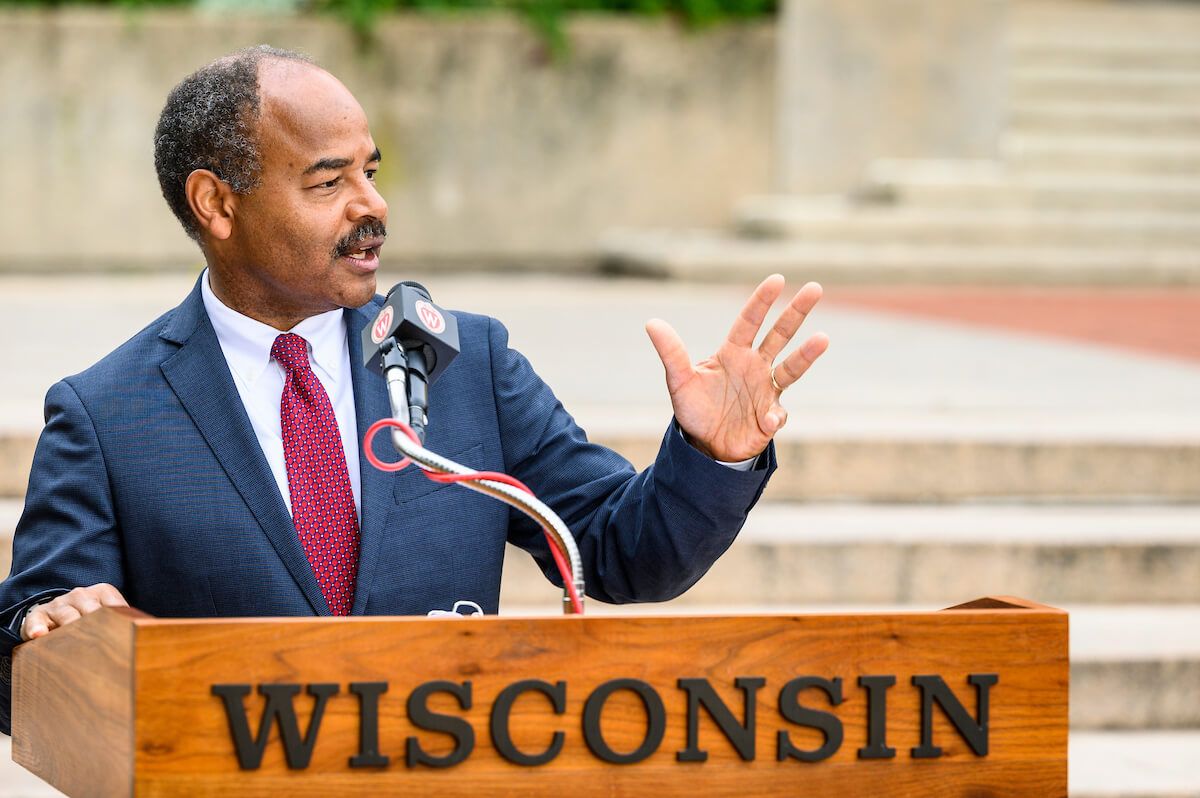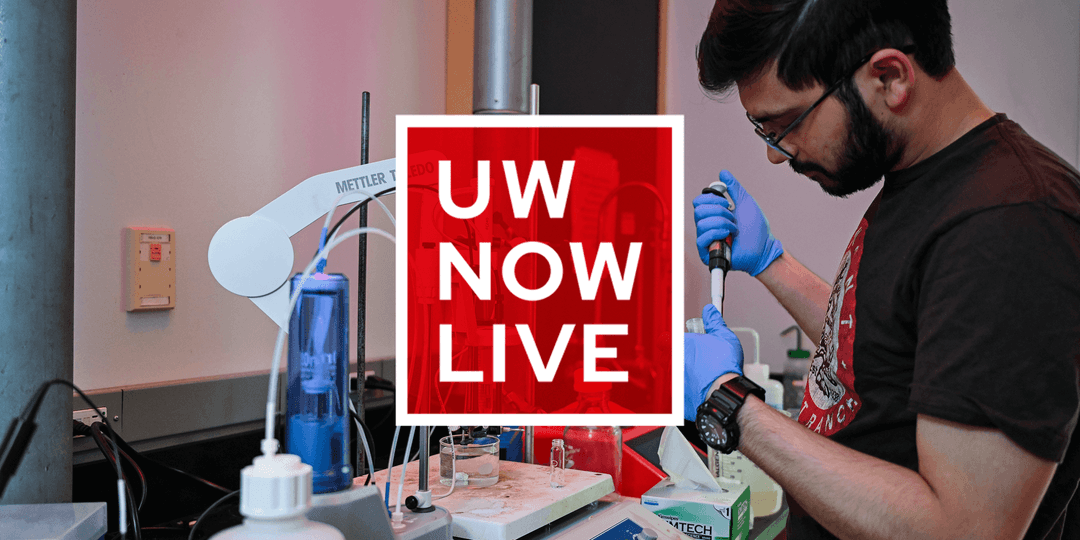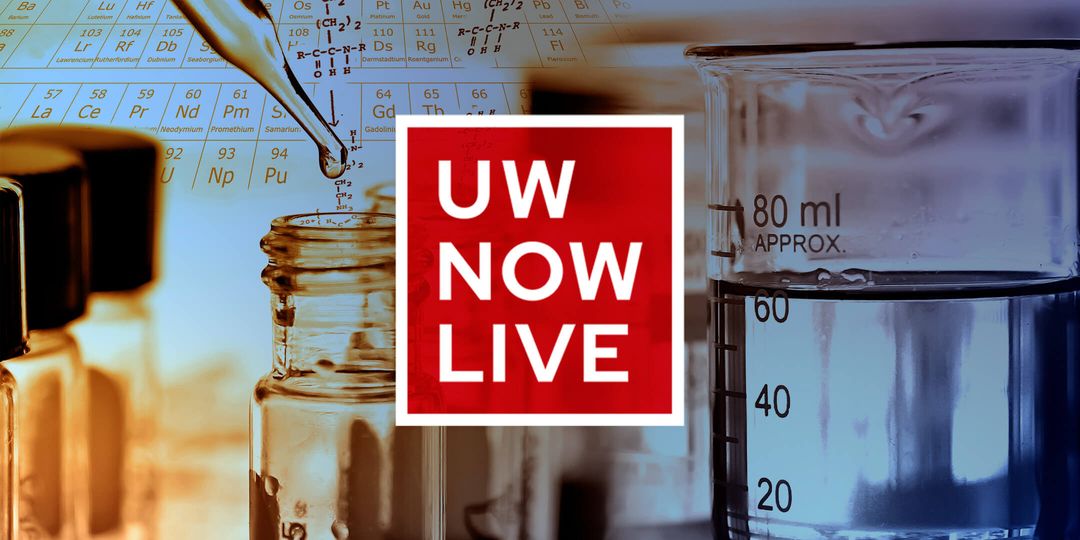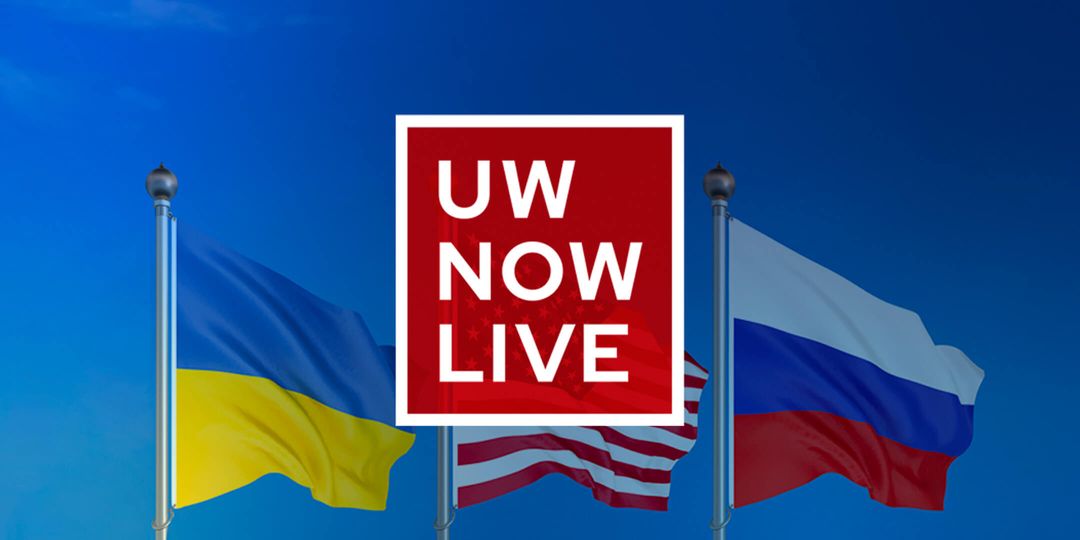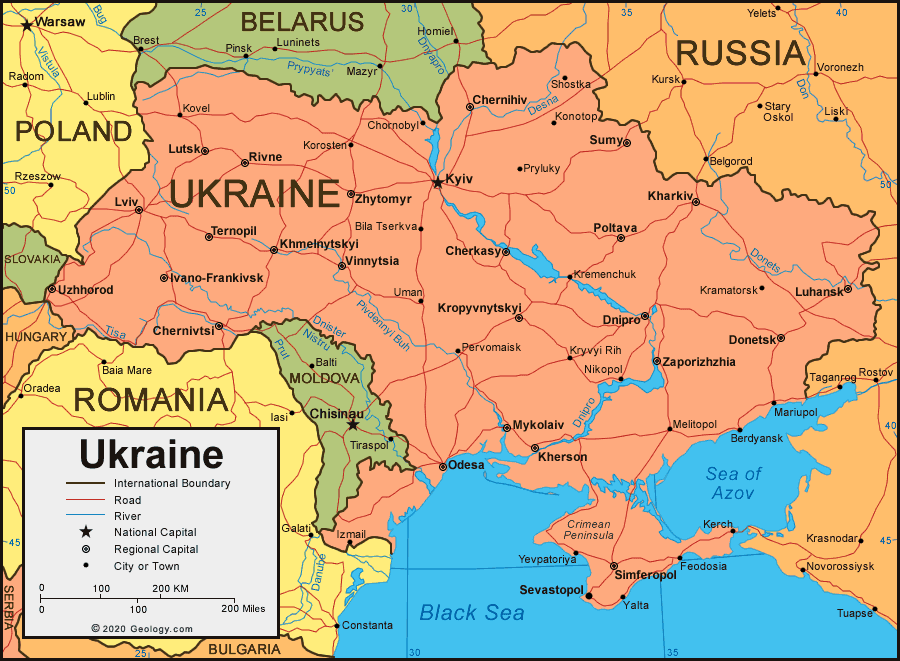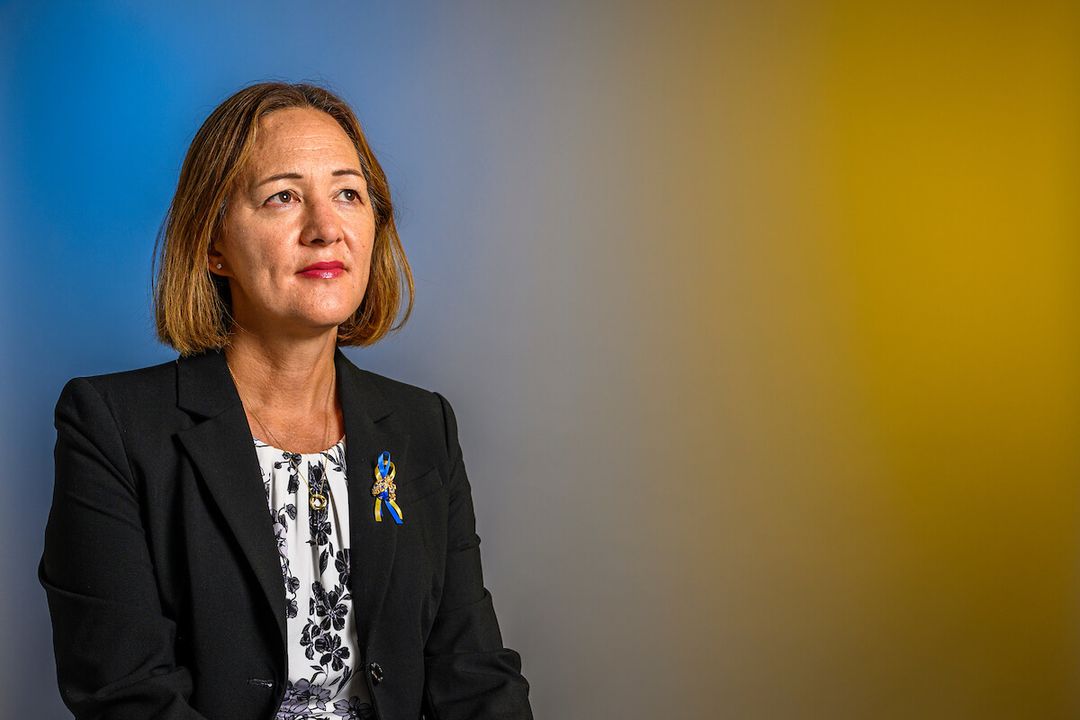In recent years, surveys have indicated that Americans are losing faith in higher education, and a feeling persists that many students graduate with no preparation for a job in the real world. Eric Wilcots, dean of UW–Madison’s College of Letters & Science, knows that a lot of people think a lot of majors are impractical — especially majors that his college teaches.
“Somebody who is majoring in mechanical engineering can go through a bunch of job searches and say, ‘Here’s a set of companies that are hiring mechanical engineers.’ There’s a straight path to that next thing,” he says. “For a philosophy major or an English major or even an astronomy major who isn’t going to graduate school, there isn’t necessarily that one-to-one correlation. You can’t open up a job page and have a bunch of companies say, ‘Hiring a philosopher,’ right? They’re not doing that.”
Wilcots studied astronomy. He knows that the subject he majored in is highly specialized. But he also knows that didn’t limit his career options. He wants people to understand that the job prospects for L&S majors are much brighter than they think — and that the college is taking an active role in helping students see how their classwork translates into marketable skills.
On the January 16 episode of The UW Now Livestream, Wilcots will share insights into the ways that the UW is not only preparing UW students to enter the workforce, but also supplying the state and nation with the kind of creative, collaborative workers that are in high demand.
My Chief Area of Expertise Is:
I’m an astronomer. The science that I’ve done looks at questions of how galaxies evolve. Two [popular] courses that I’ve taught were Life in the Universe — Astro 160 — which gets into questions about the history and evolution of life on Earth. And Astro 236 The History of Matter starts with the big bang and ends up with rocks on Earth. The fun part about it is that the material the students are engaging with is writing by scientists. It’s a writing class, and they explore how science has come to understand what matter is. Am I an expert in undergraduate education? I think I am passionate about it, and I’ve managed to do it well.
Tonight on The UW Now, I’ll Discuss:
I’m going to talk largely about the efforts that we’re doing in L&S to prepare students for success in the world after they graduate, with a focus on what we’re doing in L&S and the SuccessWorks program. Every student at UW–Madison, regardless of their major, is developing a certain set of skills and competencies that will allow them to be successful in a wide array of careers. That’s what SuccessWorks is all about, helping students understand what they’re learning, how to talk about that, how to articulate that in a way so that an employer will say, “Wow, those are the sets of skills that I want” — and also in a way that Mom and Dad and Uncle Bob can understand. We also work with employers to say, “These are the skills that our students are bringing to the table, and these are the skills that you need in your organization.”
You can think of SuccessWorks as a way of telling a student, “Follow your passion.” If you’re doing something you’re passionate about, you’re going to do all the work. You are going to develop that set of skills and that then enables you to go on and be successful. SuccessWorks is about working with students to understand there’s a variety of career communities that are available to them: "Let’s connect you to those career communities, and let’s make sure you’re successful entering into the workforce." It’s about making sure that our students are job-ready.
The Point I Want Viewers to Know Is:
The notion that majoring in the liberal arts is not a pathway to a job is a myth. Here at UW–Madison we are committed to preparing our students for success in the job market. That’s part of our commitment to students and their families.
To Get Smart Fast, See:
The SuccessWorks website is great. And there’s this column that I wrote for the most recent issue of the L&S magazine.
